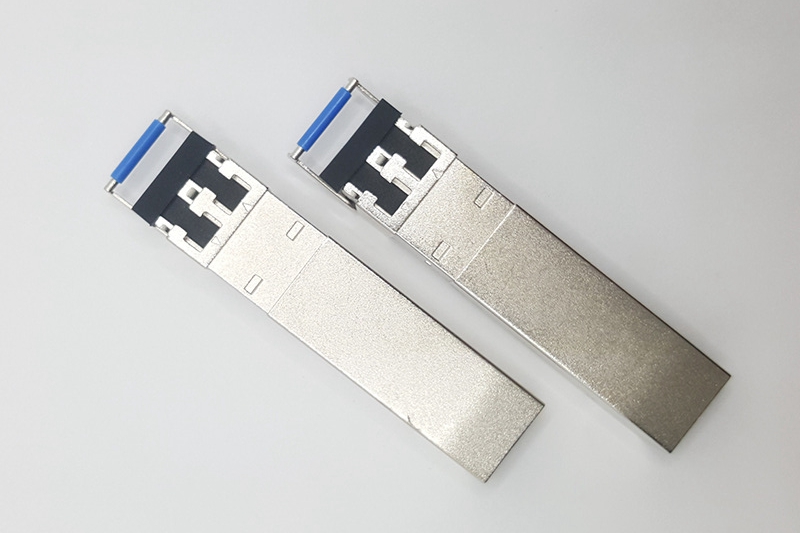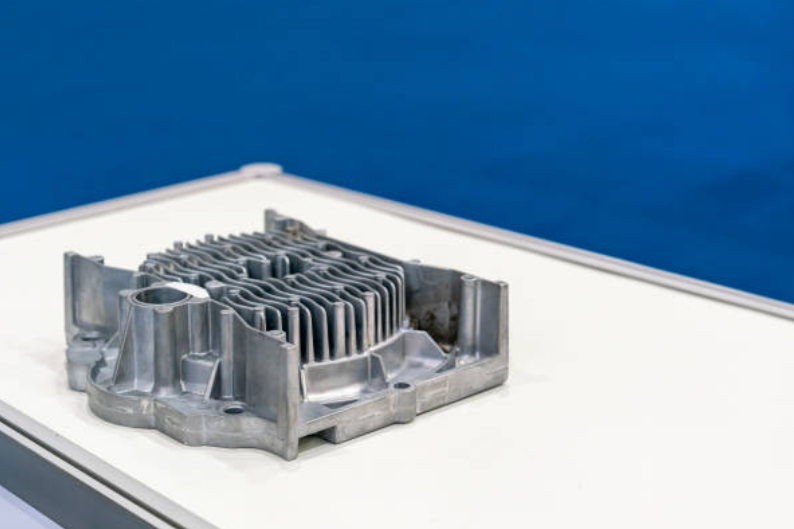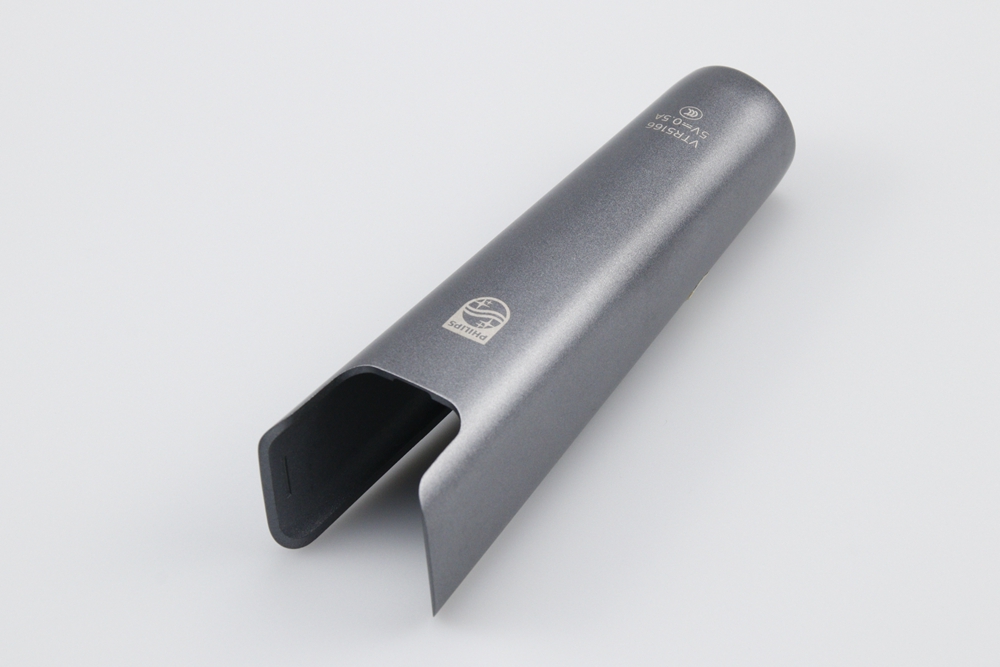Why is anodizing a popular finish for aluminum die-cast products?
Enhanced Corrosion Resistance and Durability
Anodizing is one of the most effective surface treatments for extending the life of aluminum die casting components. Through an electrochemical oxidation process, a dense oxide layer forms on the aluminum surface, improving resistance to corrosion, wear, and environmental degradation. For industries such as automotive and aerospace, this enhanced durability is crucial for maintaining performance in demanding environments.
Aesthetic Versatility and Precision Finishing
Unlike coatings that sit on the surface, anodizing integrates with the metal itself, enabling uniform color consistency and a premium appearance. Manufacturers often combine anodized aluminum processing with precision post-finishing methods, such as polishing or brushed finishes, to achieve the desired surface textures. The result is not only aesthetically appealing but also functionally protective.
Functional Benefits in Industrial Applications
For manufacturers engaged in custom parts manufacturing, anodizing offers improved adhesion for paints, adhesives, and lubricants. This makes it ideal for energy and lighting solution applications where aluminum housings require both heat dissipation and an attractive exterior finish. The porous anodic film can also be sealed or dyed, allowing additional customization based on product design or brand color identity.
Integration with Other Manufacturing Processes
Anodizing is fully compatible with various aluminum casting alloys such as A380, A356, and 383 (ADC12). It can be applied post-machining or after sandblasting to enhance adhesion and appearance. This flexibility allows seamless integration across different finishing stages, supporting mass production in precision casting and sheet metal fabrication workflows.
Environmental and Economic Advantages
The anodizing process produces minimal waste and uses non-toxic electrolytes, aligning with global sustainability trends. Its long-lasting surface reduces maintenance costs and increases the frequency of replacement, offering an economical solution for high-volume manufacturing. For businesses seeking to optimize efficiency in custom aluminum die casting production, anodizing remains a preferred finish, striking a balance between performance, appearance, and cost.



